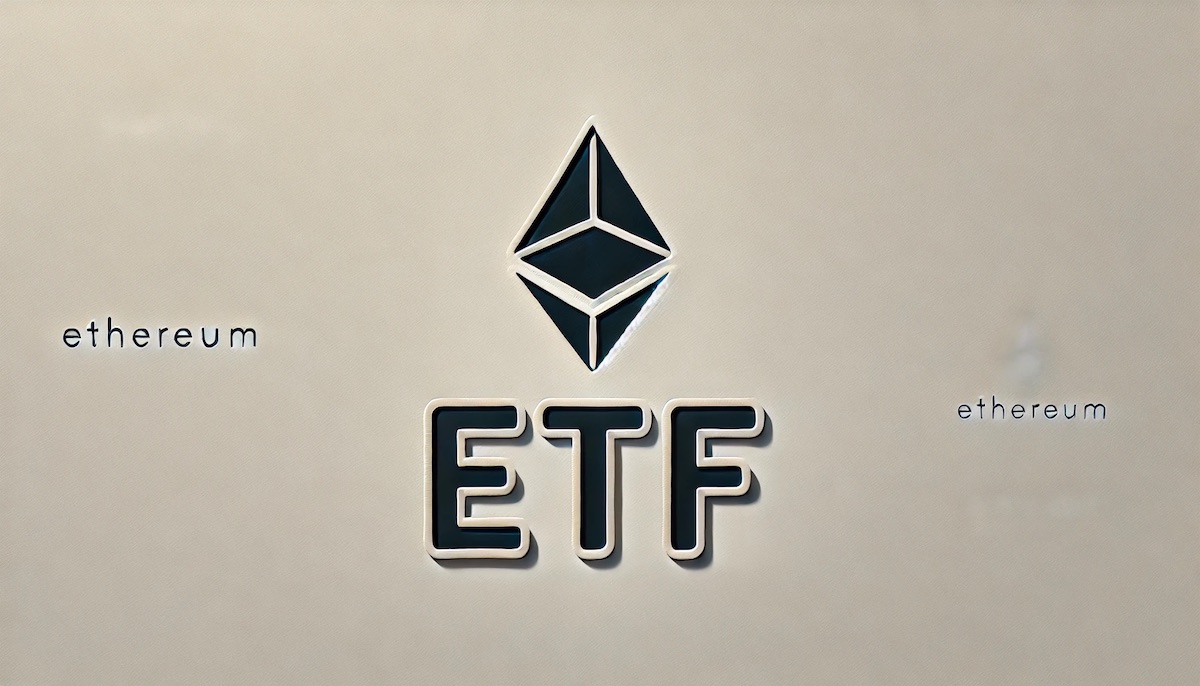On July 9, asset managers Invesco and Galaxy announced the management fees for the Invesco Galaxy Ethereum ETF (QETH) at 0.25% in an amended filing to United States regulators. This move signals intensifying competition among exchange-traded fund (ETF) sponsors ahead of the anticipated launch of spot Ether (ETH) funds later this month.
Competitive Fee Structures
Invesco’s fees are slightly higher than those proposed by rivals VanEck and Franklin Templeton, who plan to charge 0.20% and 0.19%, respectively, in their own S-1 registrations. These filings indicate that increased competition among fund managers in the digital asset space is driving down fees for investors.
All three fund sponsors charge significantly lower fees compared to Grayscale’s Ethereum Trust (ETHE), a closed-end fund launched in 2017, which remains one of the few Ethereum investment vehicles currently available to US investors. Grayscale has announced plans to launch its own spot Ethereum ETF, the Grayscale Ethereum Mini Trust (ETH), but has not yet disclosed its intended management fees.
Bitcoin (BTC) investors experienced similar benefits from competition among fund managers following the approval of BTC ETFs by US regulators in January. Approximately half of the nearly dozen BTC ETFs on the market have reduced management fees or temporarily waived them entirely to attract investor fund flows from competitors.
Anticipated Launch of Spot ETH ETFs
While none of the S-1 registrations filed to date include a specific start date for listings, industry analysts predict that spot ETH ETFs could begin trading as soon as this month. The registration filings represent the latest wave of applications by fund managers for publicly traded crypto investment vehicles.
On January 8, the Chicago Board Options Exchange (CBOE) filed applications to list VanEck and 21Shares’ proposed spot Solana (SOL) ETFs on its exchange platform. U.S. regulators are expected to make a final decision on these funds around March 2025.
Staking Plans and Regulatory Resistance
So far, none of the proposed spot crypto ETFs include staking. Resistance from the US Securities and Exchange Commission (SEC) prompted several top fund sponsors, including Ark Investments Management and Fidelity Investments, to drop staking plans from their proposed spot ETH ETFs.
| Fund Sponsor | Proposed ETF | Management Fee (%) | Additional Notes |
|---|---|---|---|
| Invesco and Galaxy | Invesco Galaxy Ethereum ETF (QETH) | 0.25% | Slightly higher than competitors |
| VanEck | VanEck Ethereum ETF | 0.20% | – |
| Franklin Templeton | Franklin Templeton Ethereum ETF | 0.19% | – |
| Grayscale | Grayscale Ethereum Mini Trust (ETH) | TBD | Existing Ethereum Trust (ETHE) has higher fees |
The ongoing competition among ETF sponsors is beneficial for investors, leading to lower fees and increased options for crypto investments. The introduction of spot ETH ETFs, pending regulatory approval, represents a significant development in the cryptocurrency investment landscape.
- Lower Fees: Increased competition is driving down management fees, making crypto ETFs more attractive to investors.
- More Options: The launch of new ETFs provides more choices for investors looking to diversify their portfolios with digital assets.
- Regulatory Oversight: Ongoing regulatory scrutiny ensures that these investment vehicles meet certain standards, potentially enhancing investor protection.
The competitive landscape for crypto ETFs is set to evolve further as more fund managers enter the market. The expected launch of spot ETH ETFs and other crypto investment vehicles will likely continue to shape the industry, offering investors new opportunities and challenges.
- Regulatory Approvals: The timing and nature of regulatory decisions will significantly impact the launch and adoption of new ETFs.
- Market Response: Investor reaction to new ETFs, including fund flows and trading volumes, will provide insights into market sentiment.
- Innovation in Product Offerings: As competition heats up, fund managers may introduce new features and products to differentiate their offerings.
The announcement of the Invesco Galaxy Ethereum ETF’s management fee at 0.25% highlights the growing competition among ETF sponsors in the digital asset space. With VanEck and Franklin Templeton offering even lower fees, the trend towards more affordable investment options for cryptocurrencies is evident. As the market awaits the launch of spot ETH ETFs, the ongoing developments promise to reshape the landscape of crypto investments, providing investors with a wider array of choices and potentially more favorable terms.










